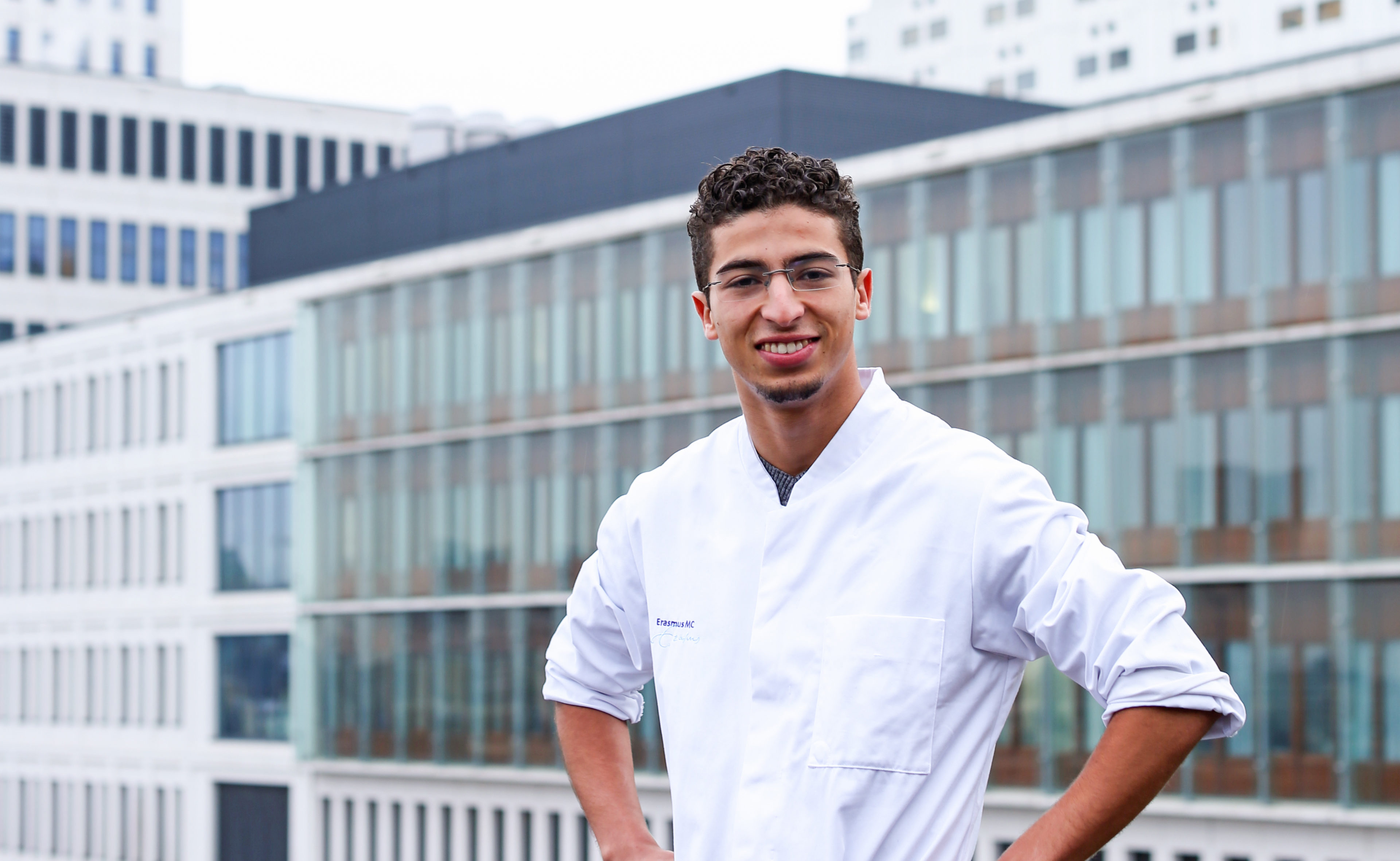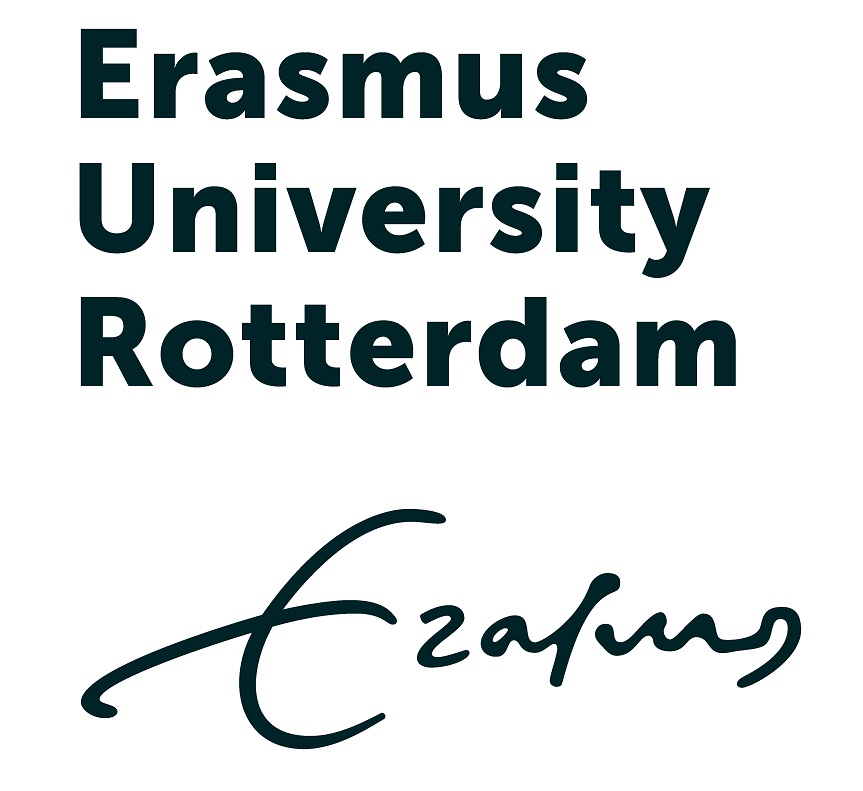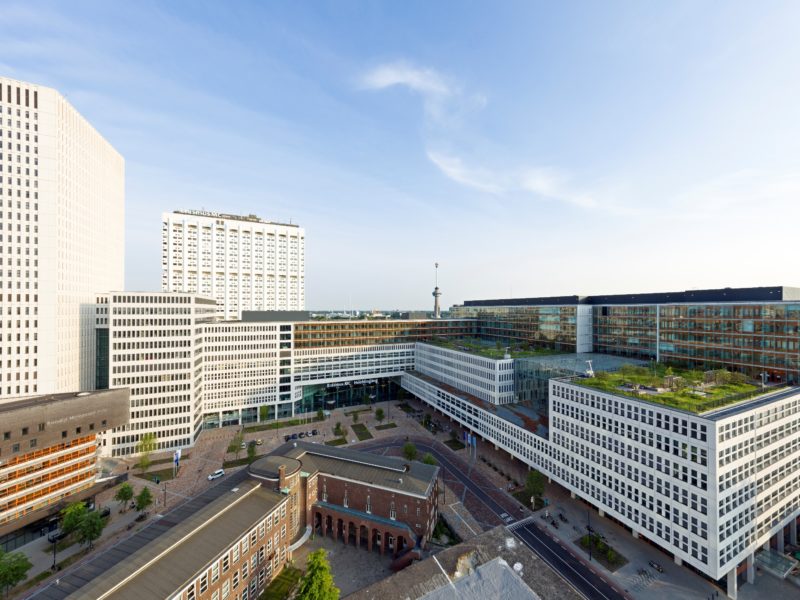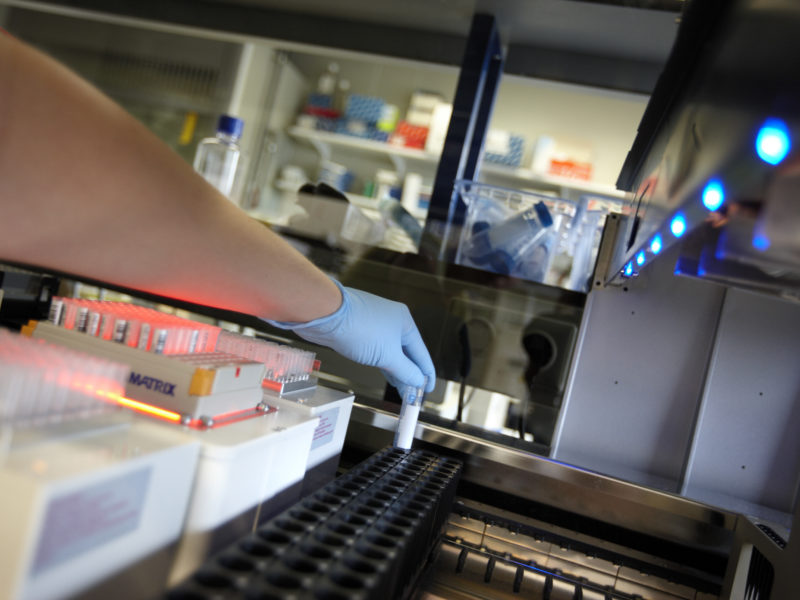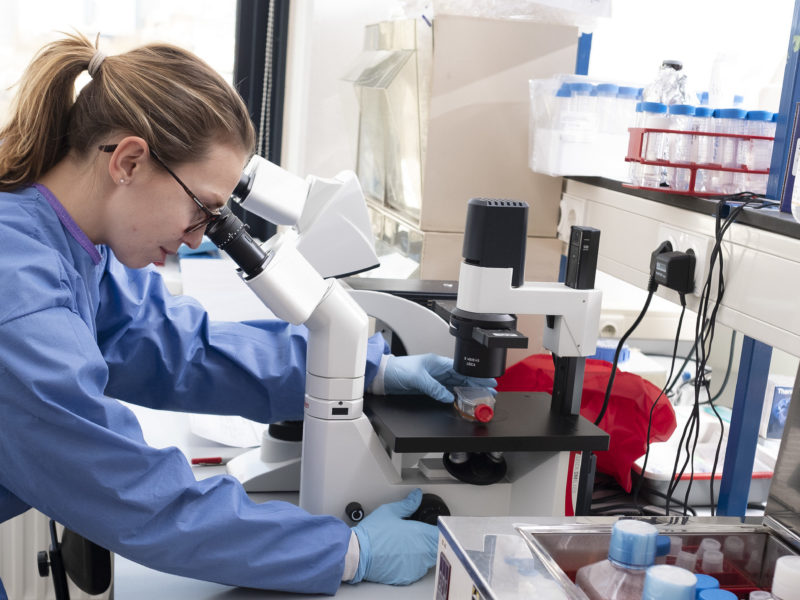Rotterdam-based hospitals deal with a very diverse patient population. Medical student Nizar El Manouzi noticed that this diversity is not yet reflected in education and treatment methods. Alongside his study, by way of a hobby and an activity for the University Council, he is committed to ensuring more inclusivity and diversity in healthcare and its associated education.
Nizar, who has a Dutch-Moroccan background, grew up in Rotterdam-Prinsenland. He is very familiar with the situation in Rotterdam, where people from all kinds of backgrounds live and work together: 'As a child, you start searching for the similarities and differences. Where do people come from, and how can you build a bridge? As an adolescent, you also experience the conflict between different cultures; you are searching for your identity and need to know who you are. The result is that I can identify with many different people, and have the capacity to combine the best elements of diverse cultures'.
Simply starting in your own circle
Nizar has committed himself to his city and its diverse residents with energy and courage; he is particularly committed to improving the hospitals in Rotterdam by increasing inclusivity and diversity. Nizar: 'I always start on a small scale by considering my own circle; how can I change things there? And that makes me a true Rotterdam resident into the bargain'.
Small groups of students
When he started with his
medical studies at
Erasmus University Rotterdam, Nizar noticed that students tended to form small groups with others from the same background. His fellow student Bo van den Berg came up with the idea of setting up the student working party 'Inclusion & Diversity' with the aim of 'making education more sensitive to diversity and inclusivity'. Nizar joined the group without hesitation.
Personalised medicine
The point is that healthcare education still doesn’t pay enough attention to different cultures or the religion or sexual orientation of patients: 'Hospitals fulfil a social function, and this requires the capacity to deal with differences; after all, the social context is also important for the success of any treatment. How will patients go back home after their treatment, what is their home situation and how can we make sure that the patient’s recovery goes as well as possible?'
Nizar explains: 'Health care is increasingly oriented towards
personalised medicine. All patients have their own individual background, are able to gather information themselves and are becoming increasingly independent. Especially in Rotterdam, with its mixed population, we can take the lead in this, and become a benchmark for hospitals across the globe'.
A more inclusive hospital
If it were up to Nizar and Bo, the approach would be taken further than treatment methods alone. As far as they are concerned, the entire Erasmus MC staff needs to become more diverse and more inclusive so that all patients can be treated appropriately: 'The more discussions I have about this subject, the more I see that people are genuinely interested in different motivations and cultures. Diversity is a catch-all term which can sometimes provoke irritation. That is exactly what I am trying to avoid; what our future demands is liaison – we need one another'.
Energy and meaningfulness
Nizar’s commitment to increased diversity and inclusivity is something which he also realises through his work for the University Council and by organising trips to Morocco for his fellow students. The desire to combine the best of different worlds is also manifest in Nizar's learning trajectory; he recently graduated at bachelor level in both Medicine and Philosophy.
And as if that were not enough, this all-rounder is also an actor. Nizar El Manouzi has had small roles in the VPRO TV series Gappies and in the Dutch film Catacombe this year. Nizar says he derives his impressive energy from all these activities: 'I am searching for education and liaison in everything I do, and that is ultimately what makes life meaningful for me'.
Photograph: Sanne van der Most, commissioned by Erasmus Magazine
